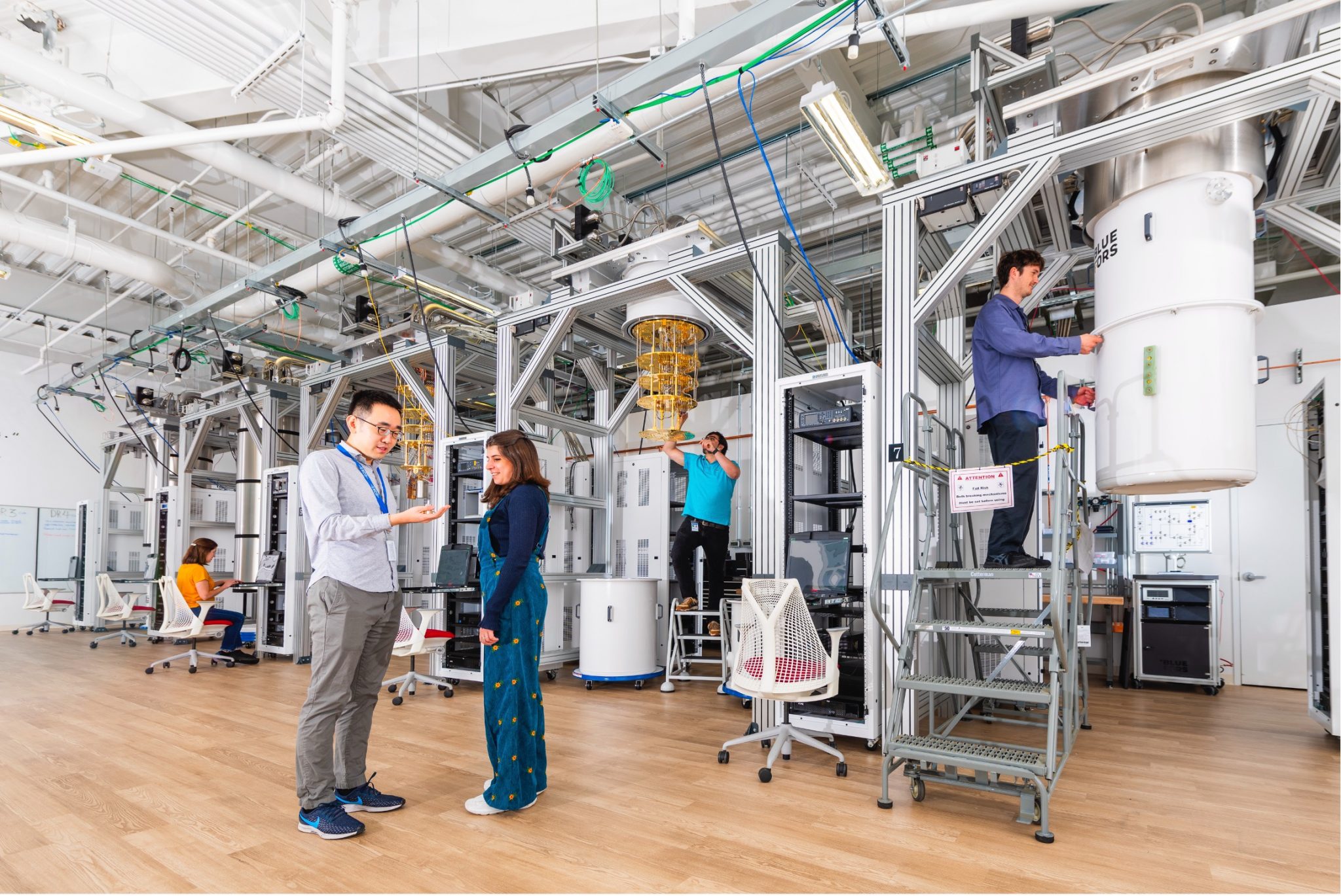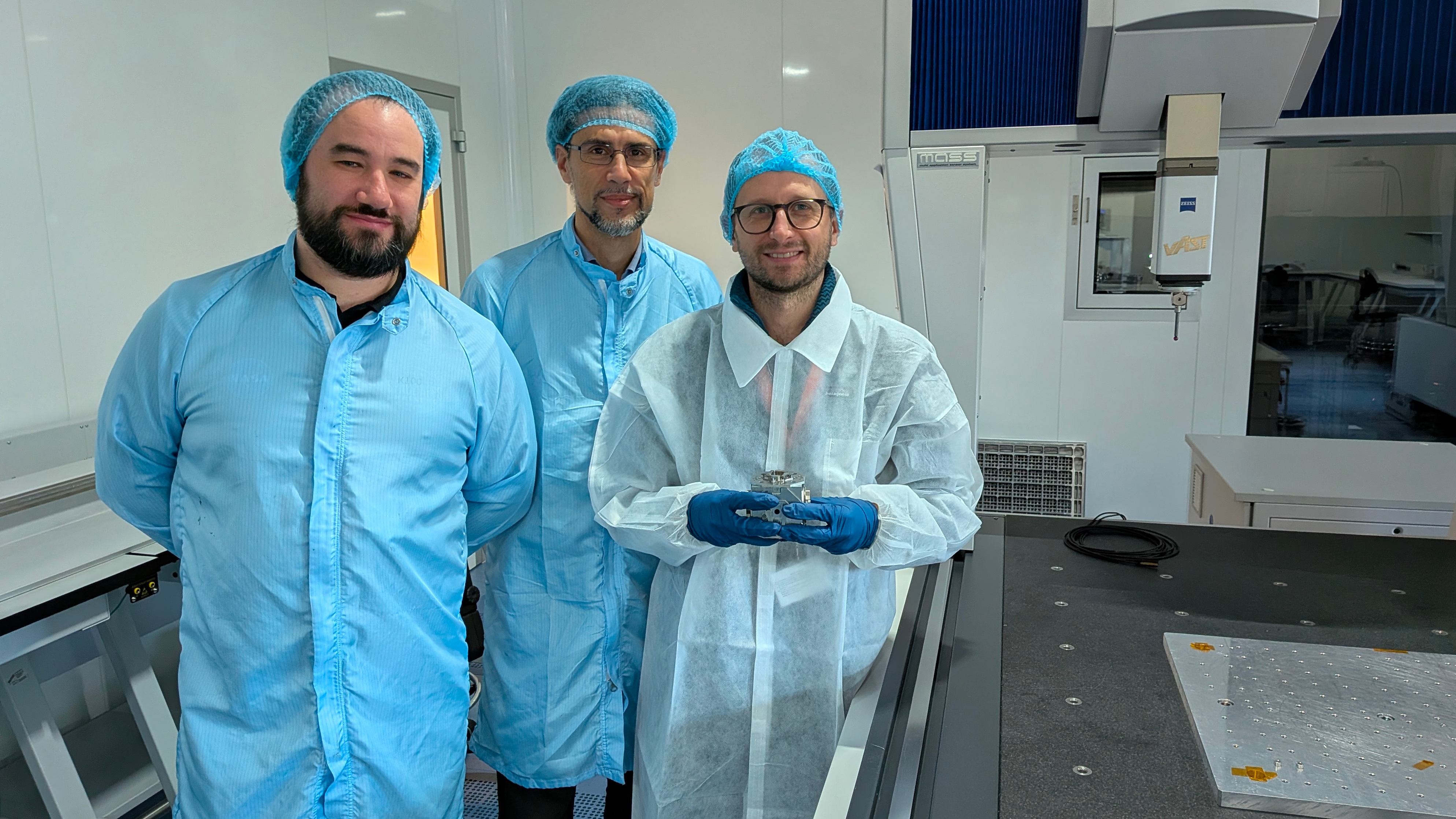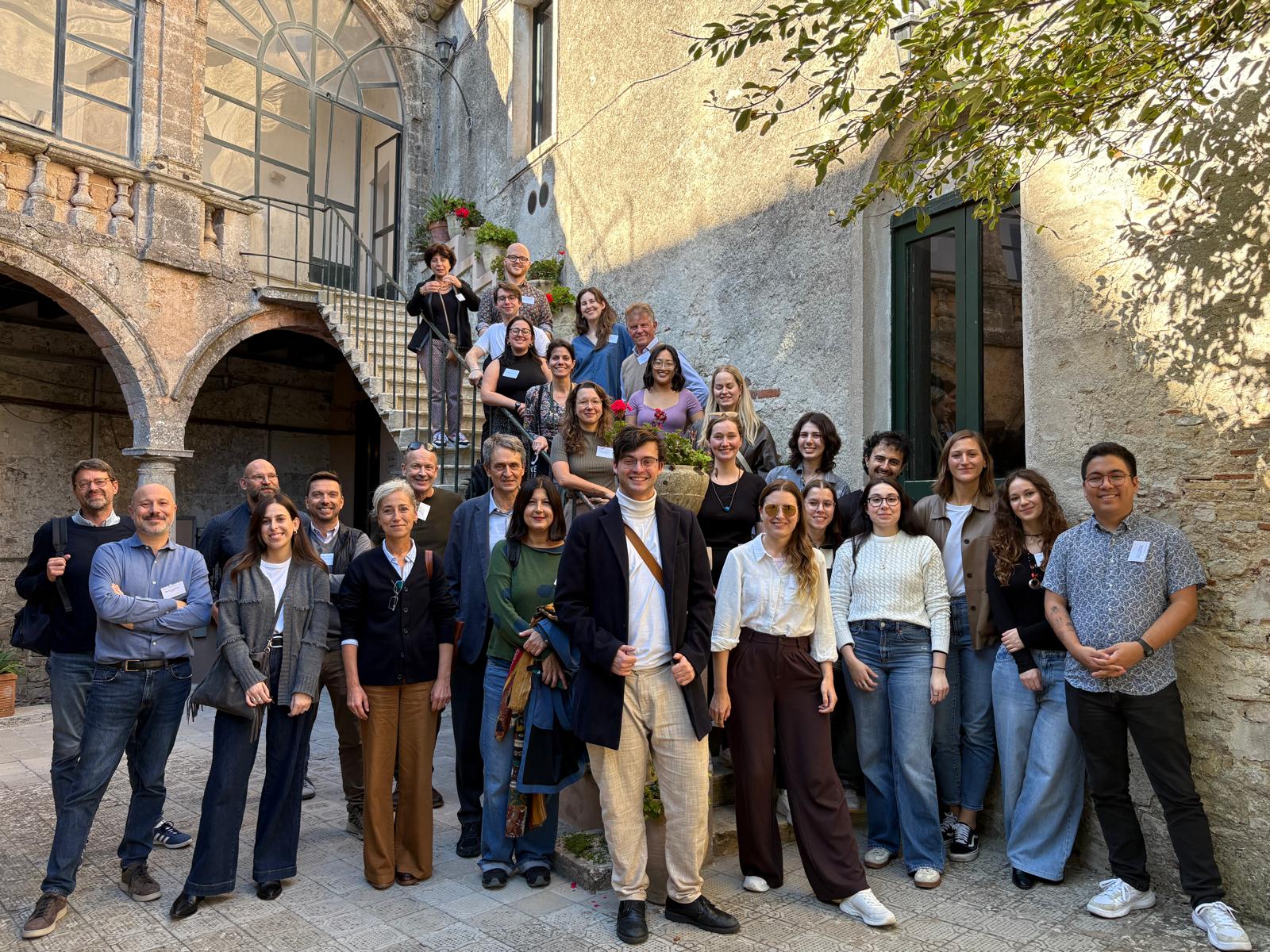 There are 11 PRIN (Research Projects of National Interest), recently selected by the Ministry of Universities and Research in the framework of the PRIN 2020 call for proposals involving INFN, in three of which INFN is the lead partner. The research topics majorly awarded by PRIN 2020 and on which INFN will be engaged are the study of astrophysical sources through gravitational signals and the investigation of the fundamental constituents of matter, whether known or still unknown, as in the case of dark matter. In particular, the three winning proposals of which INFN is lead partner refer to the disciplinary areas of fundamental physics, astrophysics and materials science: the cutting-edge strategies to identify new GEMS (Gravitational and ElectroMagnetic wave Sources) in the Universe with current and next-generation detectors project and the ANDROMeDa (Aligned Nanotube Detector for Research On MeV Darkmatter) project, coordinated by researchers from the INFN Rome 1 division, were awarded 591,400 euros and 773,494 euros, respectively; the ANCHISE (Array for Neutron and Charged particle detection with High Linear momentum Selection) project, coordinated by the INFN Catania division, was awarded funding of 626,730 euros. The growing interest of the national research system in gravitational astronomy is also certified by the INFN projects that have won the PRIN 2020 funding dedicated to the disciplines belonging to the science of the Universe (EP9). Four of the five research proposals selected in this area will in fact have as their objective the study, identification and development of knowledge of systems and technologies capable of improving the sensitivity of current interferometers and necessary for the construction and future operation of the next-generation Einstein Telescope interferometer, of which Italy is the lead partner through INFN.
There are 11 PRIN (Research Projects of National Interest), recently selected by the Ministry of Universities and Research in the framework of the PRIN 2020 call for proposals involving INFN, in three of which INFN is the lead partner. The research topics majorly awarded by PRIN 2020 and on which INFN will be engaged are the study of astrophysical sources through gravitational signals and the investigation of the fundamental constituents of matter, whether known or still unknown, as in the case of dark matter. In particular, the three winning proposals of which INFN is lead partner refer to the disciplinary areas of fundamental physics, astrophysics and materials science: the cutting-edge strategies to identify new GEMS (Gravitational and ElectroMagnetic wave Sources) in the Universe with current and next-generation detectors project and the ANDROMeDa (Aligned Nanotube Detector for Research On MeV Darkmatter) project, coordinated by researchers from the INFN Rome 1 division, were awarded 591,400 euros and 773,494 euros, respectively; the ANCHISE (Array for Neutron and Charged particle detection with High Linear momentum Selection) project, coordinated by the INFN Catania division, was awarded funding of 626,730 euros. The growing interest of the national research system in gravitational astronomy is also certified by the INFN projects that have won the PRIN 2020 funding dedicated to the disciplines belonging to the science of the Universe (EP9). Four of the five research proposals selected in this area will in fact have as their objective the study, identification and development of knowledge of systems and technologies capable of improving the sensitivity of current interferometers and necessary for the construction and future operation of the next-generation Einstein Telescope interferometer, of which Italy is the lead partner through INFN.





